If last year’s SXSW was Twitter’s coming out party, this year it achieved utility status. A utility is something that is always on, and essential. To lose it would be to thrust yourself into the dark ages. Water, electricity, gas … and Twitter. Sound like an exaggeration? Not for anyone who has spent the last few days watching the incessant live twittering at SXSW. Because not every reader is as tricked out in extreme geekdom as those at SXSW, here’s a brief description of Twitter:
It is a tool that allows you to broadcast your answer to the simple question, "what are you doing?," through writing a short 140 character text message. That message is posted online where a group of individuals that are "following" you can see it. Following someone is the equivalent in Twitter language of becoming their friend of Facebook. Popular Twitterers have several thousand followers. Through this steady stream of updates, at an event like SXSW, you can watch the live pulse of the event and what people think about it real time. So, without further ado, here are the reasons why Twitter rocks and sucks simultaneously at SXSW.
Why It Rocks:
- Helps you decide where to go. SXSW is a huge tradeshow and knowing which panel to attend or which party to spend 30 minutes (or longer) waiting in line for is not easy. By watching what your Twitter friends are saying online about these events, you can decide where to go real time based on the feedback of the community. It is the ultimate live rating tool that allows you to make an informed decision about how to spend your time. In the evenings, as the "official" SXSW parties had lines around the block, just about everyone used Twitter to create their owh "flash parties" at other bars and locations around Austin. The best? Easily Gary Vaynerchuck (of WineLibraryTV) organizing a flash party in the lobby of the Marriott with free wine. Within 30 minutes, he drew more than 100 people to the spot, gave aways lots of wristbands and free wine, and got the party busted by the cops. Free wine rocks.
- Allows you to ask a question to everyone without spamming. Why is this important? Well, in any other medium, in order to get an answer to a question, you need to ask someone. Even in a good community you can ask a subset of people. The problem with this is that sometimes you are not sure who has the answer. For example, I needed to know the address of a party. Am I really going to send a mass email to everyone I know asking for that? Of course not. But putting out a Twitter message (known as a "Tweet") about it allows me to invite anyone from the community to provide an answer. And usually I can get one from an unexpected source (that I may never have otherwise thought to ask) within a few minutes.
- Let’s you be like God (all seeing). Whether or not you believe in God, most people say he (or she) is all knowing and all seeing. To me, that means knowing everything that is going on everywhere and what everyone is thinking. Twitter is a way of doing that in real time. You may not have a question or need to get a particular piece of information, but the stream of real time reports from across the event allows you to know about everything as it happens.
Why It Sucks:
- Destroys "real" conversations. At many parties or other events with some high profile Twitter users, they are spending so much time updating the community and answering direct posts that they forget about the moment and individuals that are around them in real life. From sending a Twitter update to someone across the room (rather than talking to them) to focusing on Twittering about a conversation rather than actually having it … overuse of Twitter can destroy real life conversations and I saw this happen more than once at various points during the show.
- Turns individuals into nothing more than a user ID. With everyone on Twitter, the first question many people would ask one another when meeting was what their Twitter ID name was. Though this is certainly a form of connecting, it doesn’t tend to tell you as much about someone as, say, asking where they work, or what they like to do in their spare time. Each of us has a story to tell beyond our Twitter ID, and some people didn’t get past it. Luckily, I’m relatively safe because my Twitter ID is just my full name (rohitbhargava). Imagine if it was "personalitynotincluded" and I didn’t get a chance to explain that this was the name of my book? I probably wouldn’t come out too well.
- Encourages ranting rather than reasoning. One of the problems with the short length of Tweets, and the speed with which you can post them is that the model encourages you to rant with a thought of the moment rather than taking a second to offer a reasoned thought or point of view. As a result, sometimes the quality suffers. Of course, this varies from person to person, but on the whole there are many people who might post opinions or thoughts in a Tweet that they would never share either in real life or on their own blog. The challenge is to maintain a high enough editorial standard for yourself in Twitter as you might elsewhere. There are lots of Twitter users who fail miserably at this, which makes Twitter suck.
For those either at SXSW or just users of Twitter who are not at the show, what do you think? Discuss (here or on Twitter).


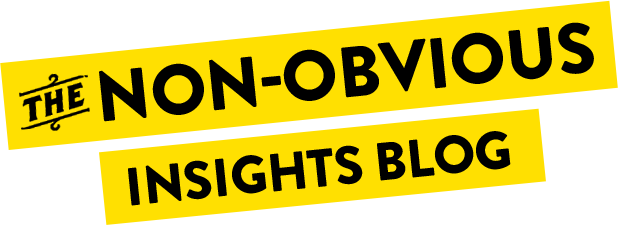




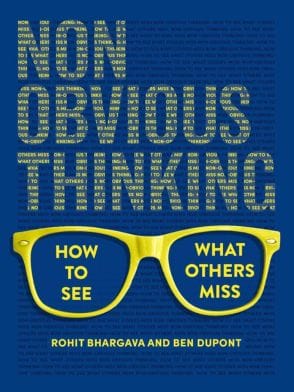





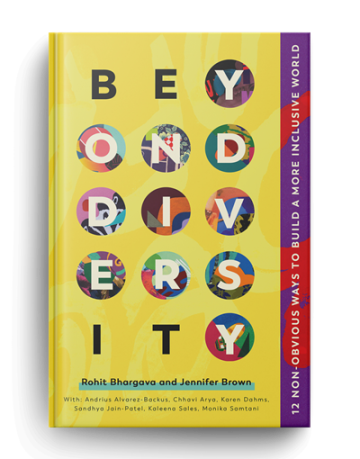
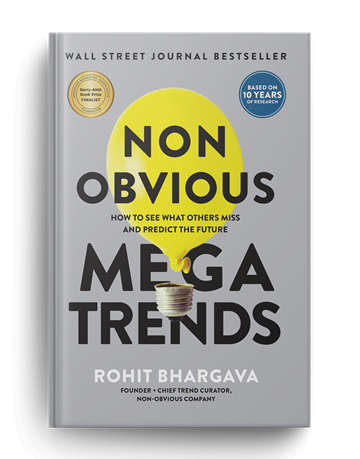
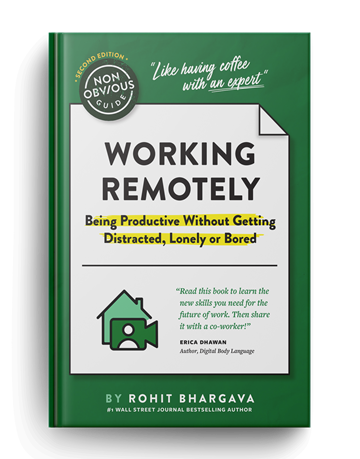
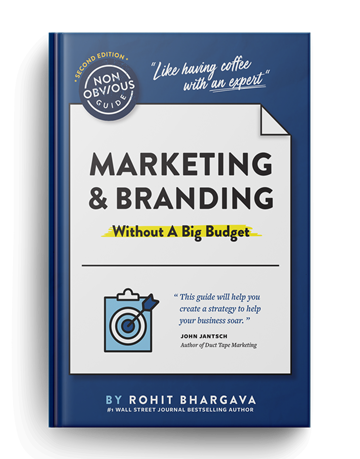
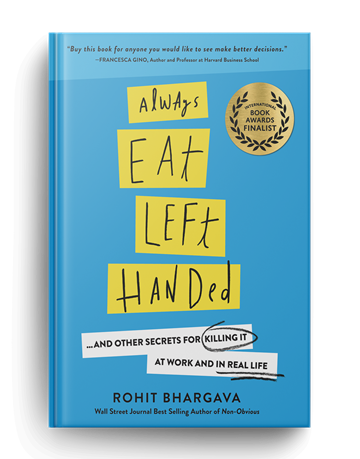
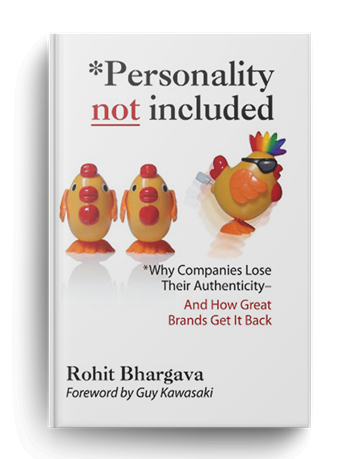
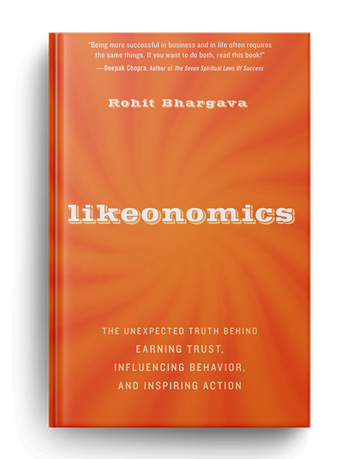

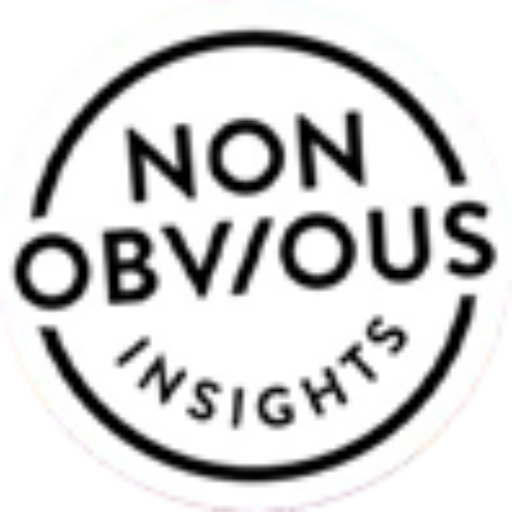
Well written post.
I too strongly feel about the point “Destroys “real” conversations.”
I’ve also seen people quote lines live as being said by presenters in TED..This is similar to people who are so hooked on to clicking photographs that they forget to feel the place or moment they are in.
Thanks,Mayank
Well written post.
I too strongly feel about the point “Destroys “real” conversations.”
I’ve also seen people quote lines live as being said by presenters in TED..This is similar to people who are so hooked on to clicking photographs that they forget to feel the place or moment they are in.
Thanks,Mayank
Great post. The twitterverse is also causing a bit of SXSW overload. I can’t imagine being on twitter and not seeing something about the event on anyone’s page. That’s a big part of why I poked a bit of fun at Twitter/ Jason Calcanis’s expense over the event in my SXSW media coverage post.
Great post. The twitterverse is also causing a bit of SXSW overload. I can’t imagine being on twitter and not seeing something about the event on anyone’s page. That’s a big part of why I poked a bit of fun at Twitter/ Jason Calcanis’s expense over the event in my SXSW media coverage post.
Not being at SXSW this year the volume of Twitter posts from the digerati attending was a bit much to sift through. Some was meaningful and added value, but, most likely due to the character limit of Twitter, too much of it was hard to discern the meaning. Also, re: destroying real conversations, because of the shear volume of tweets other conversations outside of SXSW seemed to get lost.
Not being at SXSW this year the volume of Twitter posts from the digerati attending was a bit much to sift through. Some was meaningful and added value, but, most likely due to the character limit of Twitter, too much of it was hard to discern the meaning. Also, re: destroying real conversations, because of the shear volume of tweets other conversations outside of SXSW seemed to get lost.
True Rohit. I had to say-it’s me After The Launch to get any type of a response from most Twitter friends.
It was nice meeting you!
True Rohit. I had to say-it’s me After The Launch to get any type of a response from most Twitter friends.
It was nice meeting you!
Hey Rohit,
Your last comment about rants is one of my biggest turnoffs on Twitter. When I first started out on Twitter, it seemed like I would post anything that popped in my head in the moment. Now, much more consideration goes into what makes it out to Twitter. My primary posts are focused on updates to my blog or announcements. The shortness of tweets make it difficult to express yourself and shouldn’t be a replacement for a blog. If you must rant, post the rant to you blog and then announce it through your twitter friends. This way it builds traffic to your blog, and gives them plenty of space to express themselves with comments on the post rather than stringing togethor a bunch of tweets to reply to your rant.
Hey Rohit,
Your last comment about rants is one of my biggest turnoffs on Twitter. When I first started out on Twitter, it seemed like I would post anything that popped in my head in the moment. Now, much more consideration goes into what makes it out to Twitter. My primary posts are focused on updates to my blog or announcements. The shortness of tweets make it difficult to express yourself and shouldn’t be a replacement for a blog. If you must rant, post the rant to you blog and then announce it through your twitter friends. This way it builds traffic to your blog, and gives them plenty of space to express themselves with comments on the post rather than stringing togethor a bunch of tweets to reply to your rant.
I haven’t had a great time getting into twitter simply because a lot of my friends aren’t on it and aren’t likely to get on it anytime soon (I’m based in Singapore where 1-to-1 SMS updates are still the status quo). While I *do* keep up with my fav US bloggers and events, I find that getting updated via Facebook’s friends updates and the RSS feeds that I track is enough for now…and I don’t really want to get sucked into the more minute details of the twitterverse. My bandwidth is crowded enough as it is. I will say though, that I recognize twitter’s relevance at certain events where frequent, on-the-spot updates are important.
I haven’t had a great time getting into twitter simply because a lot of my friends aren’t on it and aren’t likely to get on it anytime soon (I’m based in Singapore where 1-to-1 SMS updates are still the status quo). While I *do* keep up with my fav US bloggers and events, I find that getting updated via Facebook’s friends updates and the RSS feeds that I track is enough for now…and I don’t really want to get sucked into the more minute details of the twitterverse. My bandwidth is crowded enough as it is. I will say though, that I recognize twitter’s relevance at certain events where frequent, on-the-spot updates are important.
Hi Rohit,
I wasn’t sure what to make of Twitter at first but I’ve come to love it. I find that I can have “real” conversations with friends across the globe and I’ve actually met and formed friendships with people from Twitter. When I need to focus on actual work, I simply sign off. I also still have live conversations with real people. I think it’s all about striking the right balance (at least on most days!) but I totally relate to it rocks/it sucks! Great post, which I learned about from a tweet. 🙂
Hi Rohit,
I wasn’t sure what to make of Twitter at first but I’ve come to love it. I find that I can have “real” conversations with friends across the globe and I’ve actually met and formed friendships with people from Twitter. When I need to focus on actual work, I simply sign off. I also still have live conversations with real people. I think it’s all about striking the right balance (at least on most days!) but I totally relate to it rocks/it sucks! Great post, which I learned about from a tweet. 🙂
Rohit,
I find it exciting that Twitter can mobilize crowds like that, but it certainly seems that mob rule took over in the case of your panel. I see that as a net negative, but something that can be turned into a positive for panels.
Though keynotes and set speeches would seem to be disastrous, as it is near impossible to give a set speech and respond to live feedback from the audience.
I think Twitter works better as an announcement service, not a full communication platform.
Rohit,
I find it exciting that Twitter can mobilize crowds like that, but it certainly seems that mob rule took over in the case of your panel. I see that as a net negative, but something that can be turned into a positive for panels.
Though keynotes and set speeches would seem to be disastrous, as it is near impossible to give a set speech and respond to live feedback from the audience.
I think Twitter works better as an announcement service, not a full communication platform.
First off, being from Austin but now living in Manhattan, I’m extremely jealous you got to attend SXSW. Right now, images of the Marriott and six street are floating through my head.
Secondly, I think an individual’s pre-existing relationship with fellow twitter members determines how the technology affects their overall communication methods. As of right now, since many of my friends and colleagues don’t utilize twitter I don’t see much change on my ‘real’ conversations.
First off, being from Austin but now living in Manhattan, I’m extremely jealous you got to attend SXSW. Right now, images of the Marriott and six street are floating through my head.
Secondly, I think an individual’s pre-existing relationship with fellow twitter members determines how the technology affects their overall communication methods. As of right now, since many of my friends and colleagues don’t utilize twitter I don’t see much change on my ‘real’ conversations.
The key to tolerating Twitter is to drop the people who suffer from Twitterrhea. To me, it’s like hanging out with someone who won’t shut up. I don’t care if someone is influential–if they tweet every time they manage to come out with a thought, they’re off my list. It makes using Twitter a much more enjoyable experience.
In terms of neglecting real conversations, I know exactly what you mean. It makes me very sad when I hang out with someone I like who can’t manage to stop texting or Twittering.
Twitter was pretty sweet to use at SxSW though.
The key to tolerating Twitter is to drop the people who suffer from Twitterrhea. To me, it’s like hanging out with someone who won’t shut up. I don’t care if someone is influential–if they tweet every time they manage to come out with a thought, they’re off my list. It makes using Twitter a much more enjoyable experience.
In terms of neglecting real conversations, I know exactly what you mean. It makes me very sad when I hang out with someone I like who can’t manage to stop texting or Twittering.
Twitter was pretty sweet to use at SxSW though.